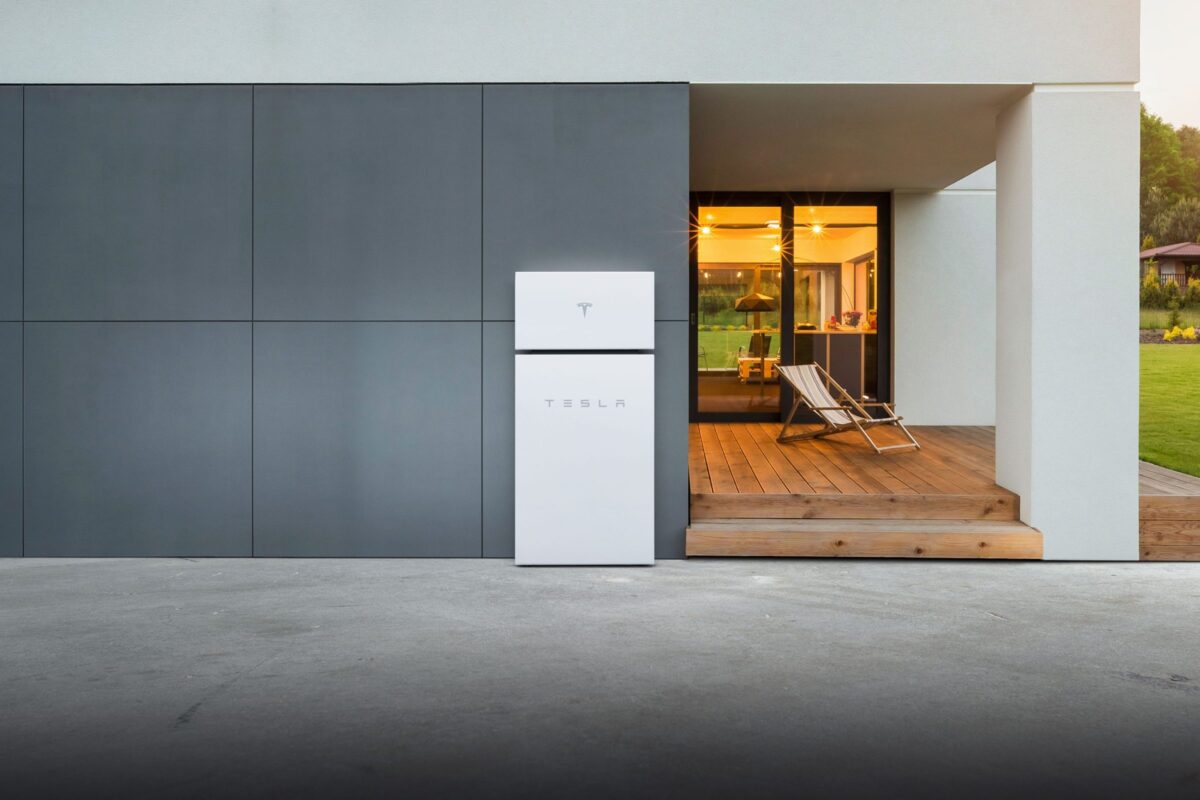Republicans in Michigan are rallying behind a community solar bill to enable renters and homeowners to subscribe to solar energy without installing solar panels on their apartment or house.
However, the “MAGA Solar Act,” which is short for Maximining American Grid Affordability, would put a 20% cap on the total amount of solar allowed statewide.
The bill would also require local zoning approval for all projects, and prohibit the use of solar panels manufactured in China, North Korea and Iran. Passing provisions like local zoning approval would require consensus from lawmakers and Gov. Gretchen Whitmer, who just passed legislation less than two years ago to enable state oversight in local zoning issues.
Rep. Greg Markkanen (R), one of the bill’s sponsors, called the plan “a true conservative alternative to radical energy mandates.”
The 22 Republicans sponsoring the bill said the cap “protects Michigan’s grid from instability and prevents a reckless overbuild of solar.”
Despite these components in the bill, which still needs to be hashed out and debated between lawmakers, the bill contains several positive provisions for solar, such as providing financial incentives for projects that incorporate agrivoltaics and establishing a community solar program.
“The bill looks pretty solid from a community solar perspective,” Jeff Cramer, the president and CEO of the Coalition for Community Solar Access (CCSA), told pv magazine USA.
Michigan’s community solar bill this year includes guaranteed savings for the first time, a part of a growing trend among state community solar legislation.
“The rationale is if folks want to go down this route, they want to know that customers of these projects are going to save [on bills],” Cramer said.
Like many other states, particularly those with regulated energy markets, Michigan’s lawmakers have been introducing community solar bills for years. The bills are often bipartisan, and usually receive a wide array of support from residents and various interest groups, while receiving sole opposition from the state’s utility.
Regulated energy markets, which allow utilities to own generation facilities, is the biggest factor that’s preventing community solar in more states, Cramer said.
Republican solar support
Republicans embracing community solar is not necessarily new, Cramer noted, “but the fact that the party is coalescing around it, that is new,” he said. “There’s 22 Republicans who co-sponsored this legislation, including large blocks of specific Republicans, like the Northern Caucus, and that party rallying is new.”
Republican support is starting to spread in many states. Republicans in Ohio, for example, recently reintroduced a community solar bill after their first attempt was thrown out of an omnibus package. In Montana, the Republican-led Legislature passed a community solar bill almost unanimously, but it was ultimately vetoed by the state’s governor. Republicans also tried for community solar bills this year in Iowa, Missouri, Wisconsin and Georgia.
“It doesn’t surprise us that Republicans are embracing the idea of community solar in Michigan,” Cramer said. “Once you get past all the politics of renewable energy and you just think about these concepts in the absence of those politics, there’s a lot for conservatives to like,” he said. Cramer said this includes energy independence, the all-of-the-above energy approach, savings on electric bills and economic development to make America competitive.
“The only way you’re going to get legislation done right now in some of these divided state governments is to have shared beliefs,” Cramer said.
In Michigan’s case, Cramer said there is currently a shared belief that the state needs a more competitive energy system and that it needs to lower people’s bills. “If both parties can believe fundamentally that this could be the answer — even if both of their twists on it are a little bit different — then they can come to some sort of an agreement and get something done on energy.”
“Republicans are just getting more comfortable with what ‘all the above’ means,” Cramer noted. In the past, Cramer said “all of the above” meant something different, but the more exposure people get to solar energy technologies, the more comfortable they become.
“It’s all about the framing of it,” he said. “When you start to say, ‘clean energy and renewable energy,’ well, they don’t necessarily care so much about that. Some of them do. Some of them don’t,” he added.
“What compels the conservatives is when you start to talk about how solar energy is the cheapest levelized-cost of energy on the market, is also the fastest [to deploy], and can help save their voters and their constituents money,” he said, “that’s the kind of stuff that starts to perk their ear.”
Despite the rhetoric at the federal level, solar’s benefits are starting to resonate at the state level, Cramer said and added, “It’s just taking a while.”
“Once we survive what happens in the Big Beautiful Bill,” he said, “solar energy might be the only form of energy that has no subsidization going forward.”
(Read: House passage of One Big Beautiful Bill sends solar industry reeling)
Cramer said he believes that once the temperature cools off in D.C., he believes there will be more space to have conversations with conservatives.
Despite changes at the federal level, Cramer said state policy has always been the frontlines for energy. “Even with the sunsetting of the tax credits, the energy grid is going to need distributed solar.”
“To get a natural gas turbine online right now, you’re talking seven to ten years,” he said. “Well, with data centers, the onshoring of manufacturing, cryptocurrency and the electrification of all the things that we that we use in our lives, there is a huge surge in demand and we’ve got to build new capacity,” he paused and said, “we have to.”
“There’s going to be a reckoning,” said Cramer, “and a lot of people are going to look to distributed solar in particular as the answer because of how quickly it can come online and help the grid.”
This content is protected by copyright and may not be reused. If you want to cooperate with us and would like to reuse some of our content, please contact: editors@pv-magazine.com.









The reason republicans support community solar is because it’s private equity. Any resource that can be stripped from the people and privatized for profit has a republican vote.
Community solar is less expensive per watt to build, but more expensive to deploy. The long term savings on solar would be embracing DG and removing the onerous permitting process. More zoning rules will harm the citizenship, and only serve the power brokers
Do politicians realize how much farmland and forested land is destroyed for a small amount of energy , if the sun shines ? This is permanent destruction ! Legislators , who are city dwellers , want to take away county control to make decisions for Solar siting in our rural counties . This is wrong but what do they care , it will never be next to their property ! I’m in rural Virginia and industrial Solar is already massive in our state . Solar needs to go anywhere besides farm and forested land !